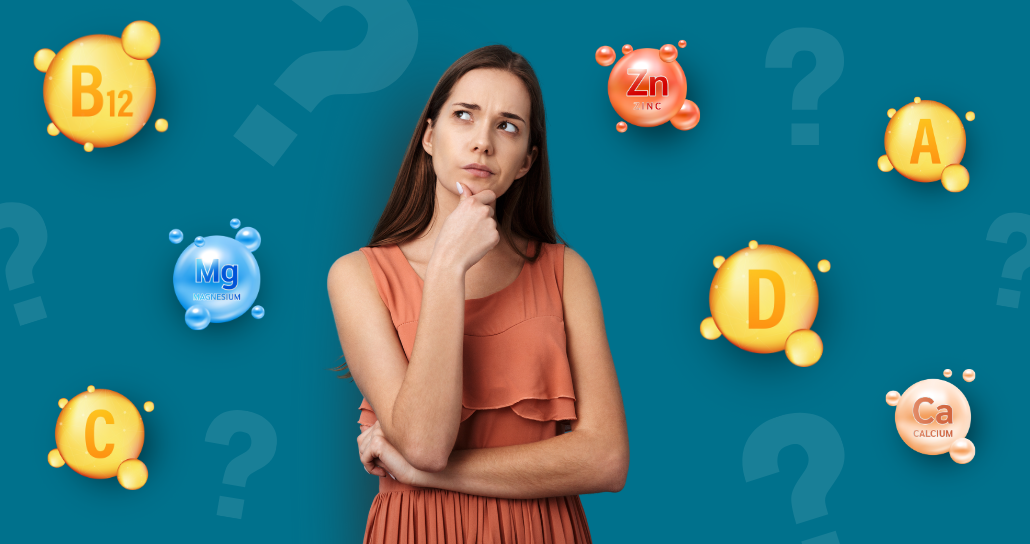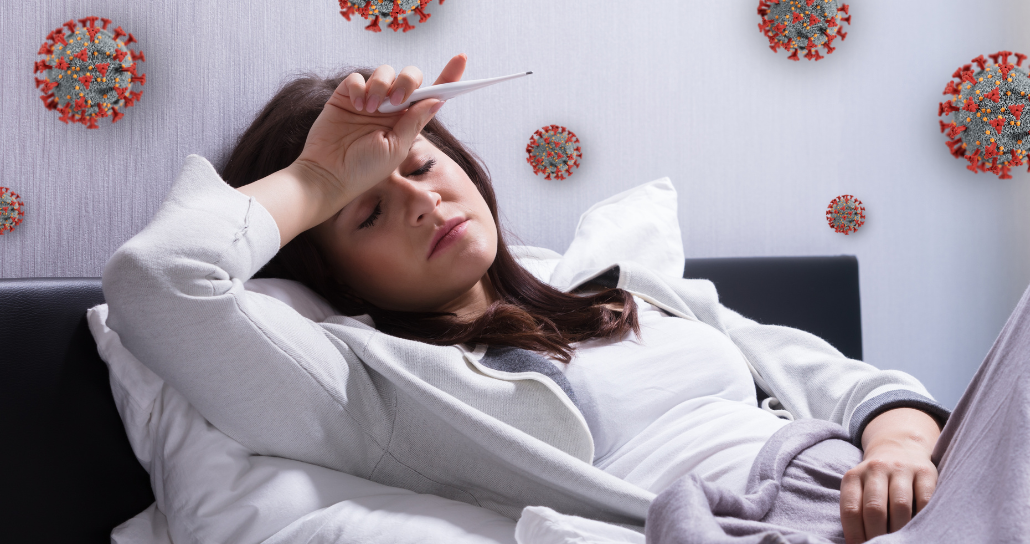Summer-Ready Legs: Managing Varicose Veins

As the temperatures rise and the days become sunnier, many of us eagerly anticipate the opportunity to wear shorts or hit the beach. However, varicose veins may be a source of self-consciousness for many individuals. Additionally, varicose veins can be extremely uncomfortable and even painful, sometimes limiting activities. In this comprehensive guide, we'll explore varicose veins, their causes, symptoms, and effective solutions to help you enjoy summer to the fullest.
What are Varicose Veins?
Varicose veins are swollen, twisted veins that usually occur in the legs. Hemorrhoids (swollen veins in the rectum) and telangiectasia (spider veins) are examples of vein problems that occur in different parts of the body.
Normally, one-way valves in the legs usually keep blood moving up toward the heart. When these valves don’t work properly, blood backs up into the vein. The collection of blood leads to swelling and eventually causes varicose veins.
Varicose veins are pretty common, especially in women. Approximately 25% of adults suffer from this condition. Some potential causes and risk factors of varicose veins include:
- Age over 50
- Pregnancy
- Menopause
- Hormonal changes
- History of blood clots
- Obesity
- Standing for long periods
- Family history of varicose veins
Varicose veins present several symptoms and are usually easy to self-diagnose. While they are generally a cosmetic concern, severe cases may lead to complications. Symptoms of varicose veins include:
- Bulging veins
- Swollen bluish veins
- Leg cramps
- Itchy veins
- Feeling of heaviness in legs and feet
Are Varicose Veins Genetic?
Yes, there seems to be a correlation between varicose veins and genetics. One study found that if one parent has varicose veins, the risk of developing them is roughly 25% for males and 60% for females. If both parents suffer from varicose veins, the risk increases to about 90%.
But it’s not all mom and dad’s fault because varicose veins also develop through lifestyle choices. Standing for long periods or a lack of physical activity can also lead to these swollen veins.
How to Prevent and Minimize Veins
Varicose veins are not a concern for many individuals…until they are. If you know that there is a family history of varicose veins, are overweight, or stand for long periods, here are some tips that can help minimize the risk of developing varicose veins:
- Maintain a healthy weight
- Exercise regularly
- Avoid wearing a lot of tight clothing
- Avoid crossing your legs while sitting
- Put your feet up while sitting
- Avoid standing in one spot for long periods
- Reduce salt intake
If you are dealing with varicose veins, here are some tips to minimize your symptoms:
- Elevate your legs above your heart: this can promote instant relief by allowing blood to flow easier through the body
- Cold water: this can help shrink veins and promote reduced swelling and pain
- Compression stockings: wearing compression stockings can help squeeze the legs, helping muscles and veins move blood more efficiently
- Try a natural supplement: Supplements that promote pain relief and healthy circulation are great options
When to Worry About Varicose Veins?
In most cases, varicose veins are not considered a medical emergency and are more of a cosmetic concern. Although rare, severe cases of varicose veins can lead to deep vein thrombosis, ulcers, and bleeding.
Deep vein thrombosis: A serious condition that affects deep veins in the body. Because varicose veins affect veins near the surface of the skin, DVT is usually not a big concern. However, in very severe cases varicose veins can cause a blood clot in deep veins. Blood clots need immediate medical attention if symptoms such as pain, swelling, and redness in the leg are present.
Ulcers: Painful ulcers can form on the skin near varicose veins, usually in the ankles. Ulcers typically start as a discolored spot on the skin. If you suspect you are developing a leg ulcer it is best to consult a doctor.
Bleeding- Sometimes veins close to the skin burst and cause minor bleeding. It is best to consult a healthcare professional even if the bleeding is minimal.
Why are Varicose Veins Worse in the Summertime?
If you suffer from varicose veins, you may have noticed that symptoms get worse as the temperature rises. That is because in the summertime our circulatory system combats the effects of high temperatures by increasing the size of veins through a process called venodilation. While this allows for better blood flow to help cool down the body, it also widens varicose veins, causing blood to accumulate and exacerbating symptoms.
Do Varicose Veins Go Away on Their Own?
Unfortunately, varicose veins won’t go away on their own, but there are effective treatments available. The following treatments can be obtained at a healthcare provider’s office:
Sclerotherapy: a minimally invasive procedure that seals varicose veins and spider veins by injecting a saline or chemical solution. This redirects blood to unaffected veins.
Laser treatment: small bursts of light can make small varicose veins disappear.
Phlebectomy: treats surface varicose veins by removing them through small cuts near the damaged vein.
Ablation: utilizes intense heat through radiofrequency or laser energy to close and destroy the problematic vein.
Varicose Vein Supplements and Vitamins
Discover a natural approach to support leg vein vitality and alleviate varicose vein discomfort:
Varicose+™ is a combination of vitamins, herbs, and herbal extracts to support leg vein vitality. It contains ingredients that promote varicose vein pain relief and better blood flow to the legs.
Circuplex™ supports a healthy circulatory system, promoting blood flow throughout the legs.
Hawthorn Berries also promotes healthy circulation and promotes varicose vein relief.
Vitamin C and Vitamin E are powerful antioxidants that support the circulatory system and protect the body against oxidative stress. Vitamin E in particular is believed to promote reduced inflammation in the lining of the veins. It also appears to make blood less “sticky” which promotes good blood flow.
Whether varicose veins are causing your uncomfortable symptoms or stopping you from wearing your favorite summer shorts, we hope some of these tips can help. By understanding the causes, symptoms, and treatment options, you can manage varicose veins effectively. Embrace summer with healthy legs and shop for varicose veins supplements today!
Your Hispanic American Health Store
Health Hispanica® is a Hispanic-American health store specializing in supplements from Hispanic-American-owned brands such as Natura-Genics® and Yerba Farma®. We strive to provide quality and innovative supplements at fair prices and educate our clients and community on healthy living.
The statements above have not been evaluated by the Food and Drug Administration (FDA). This product is not intended to diagnose, treat, cure, or prevent any disease.



Leave a comment